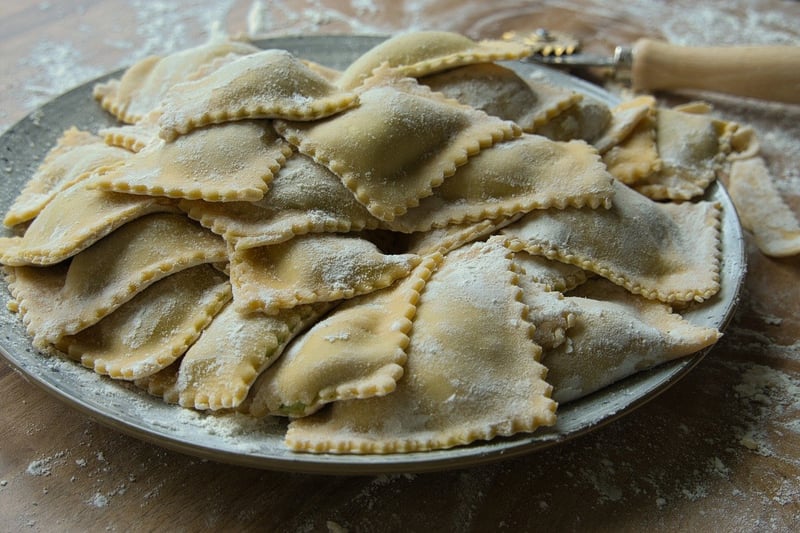Culinary Traditions
Exploring the Roots of Cuisine and Culinary Traditions
Food has always been an integral part of human culture, with diverse culinary traditions reflecting the unique history, geography, and customs of different regions. Exploring the roots of cuisine allows us to understand the evolution of food practices and the significance of traditional dishes in various societies.
The Influence of Geography
Geography plays a crucial role in shaping culinary traditions. The availability of certain ingredients, climate conditions, and proximity to water bodies all impact the types of food that are commonly consumed in a particular region. For example, coastal areas often have a strong emphasis on seafood in their cuisine, while regions with fertile land may showcase a variety of fresh produce in their dishes.
Historical Significance
Historical events and cultural exchanges have also played a significant role in shaping culinary traditions. Conquests, trade routes, and migration have led to the fusion of different culinary practices, resulting in unique dishes that carry a blend of flavors and techniques from various cultures. Traditional recipes passed down through generations often hold stories of the past, connecting people to their heritage.
Traditional Cooking Techniques
Each culture has its own set of traditional cooking techniques that have been honed over centuries. From slow-cooking methods like braising and stewing to intricate processes such as fermenting and smoking, these techniques not only enhance the flavors of the dishes but also showcase the culinary expertise of the people behind them.
Celebration of Festivals
Many culinary traditions are deeply intertwined with religious and cultural festivals. These occasions often feature special dishes that are prepared with care and shared among family and friends. The act of cooking and sharing food during festivals strengthens social bonds and keeps traditions alive for future generations.
Preservation of Heritage
As the world becomes more interconnected, there is a growing awareness of the importance of preserving culinary heritage. Efforts to document traditional recipes, promote local ingredients, and support artisanal producers help safeguard culinary traditions for the future and ensure that unique flavors and techniques are not lost to time.
Join us in celebrating the rich tapestry of culinary traditions that connect us to our roots and shape the way we experience food!

For further exploration of diverse culinary traditions, check out National Geographic's feature on the best food cities around the world.
